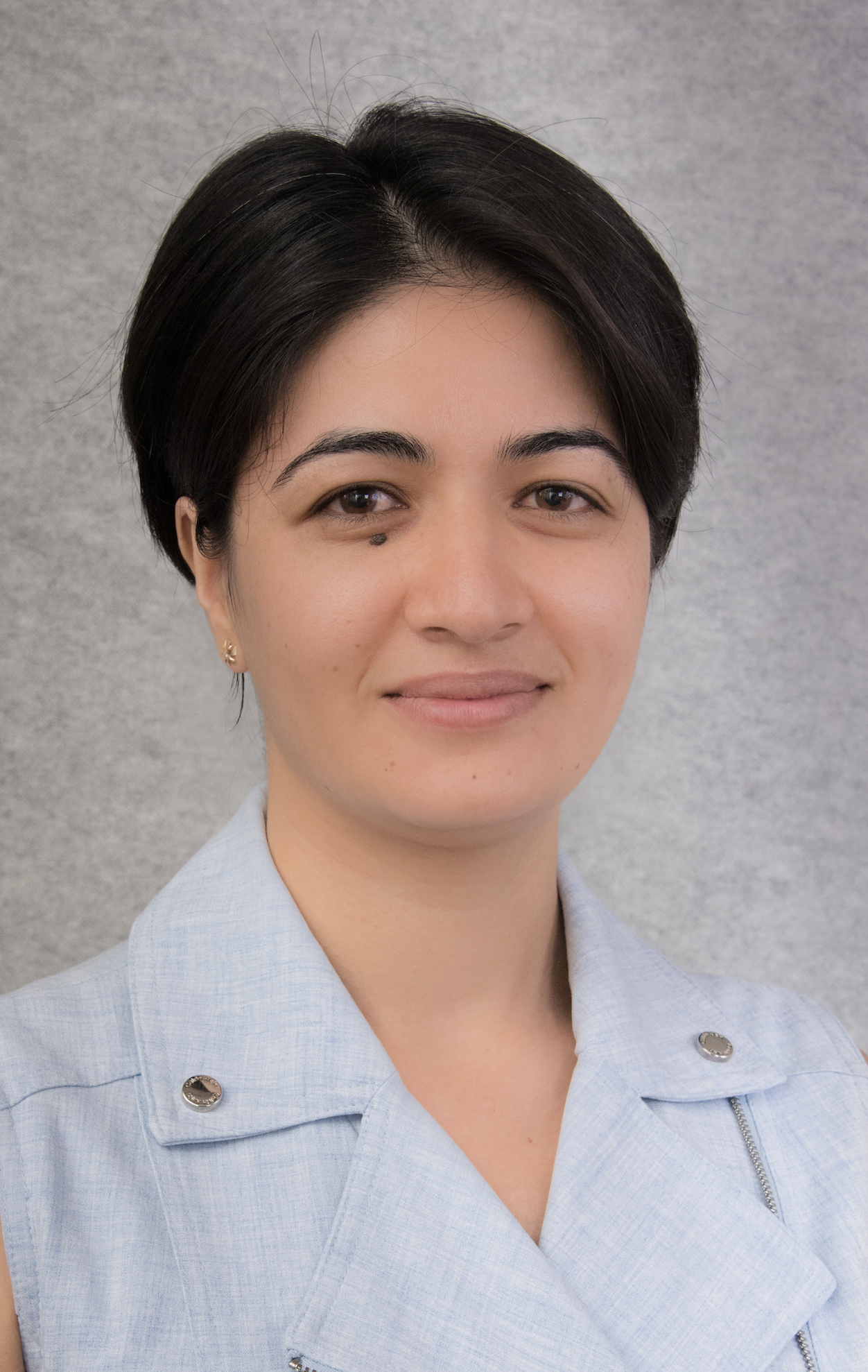Biostatistics Weekly Seminar
A causal and counterfactual view of algorithmic fairness
Razieh Nabi, PhD
Assistant Professor Biostatistics and Bioinformatics, Rollins School of Public Health Emory University
 Despite the illusion of objectivity, algorithms make use of subjective judgements of human beings at every step of their development. A particular worry in the context of automated decision making is perpetuating injustice, i.e., when maximizing “utility” maintains, reinforces, or even introduces unfair dependencies between sensitive features (e.g., race, gender, age, sexual orientation), decisions, and outcomes. It is therefore essential that automated decisions respect principles of fairness, particularly in socially-impactful settings such as healthcare, social welfare, and criminal justice. In this talk, we show how to use methods from causal inference and constrained optimization to make optimal but fair decisions that would “break the cycle of injustice” by correcting for the unfair dependence of both decisions and outcomes on sensitive features.
Despite the illusion of objectivity, algorithms make use of subjective judgements of human beings at every step of their development. A particular worry in the context of automated decision making is perpetuating injustice, i.e., when maximizing “utility” maintains, reinforces, or even introduces unfair dependencies between sensitive features (e.g., race, gender, age, sexual orientation), decisions, and outcomes. It is therefore essential that automated decisions respect principles of fairness, particularly in socially-impactful settings such as healthcare, social welfare, and criminal justice. In this talk, we show how to use methods from causal inference and constrained optimization to make optimal but fair decisions that would “break the cycle of injustice” by correcting for the unfair dependence of both decisions and outcomes on sensitive features.
Zoom (Link to Follow)
16 March 2022
1:30pm
Speaker Itinerary
This topic: Main > WebHome > Seminars > WednesdaySeminarSeries > RaziehNabi20220316
Topic revision: 09 Mar 2022, JenaAltstatt
Topic revision: 09 Mar 2022, JenaAltstatt
 Copyright © 2013-2022 by the contributing authors. All material on this collaboration platform is the property of the contributing authors.
Copyright © 2013-2022 by the contributing authors. All material on this collaboration platform is the property of the contributing authors. Ideas, requests, problems regarding Vanderbilt Biostatistics Wiki? Send feedback